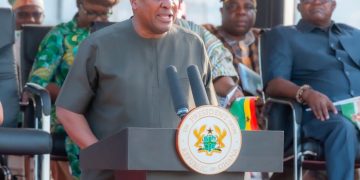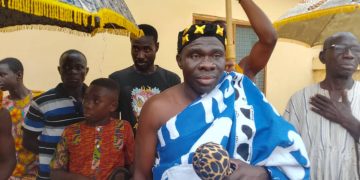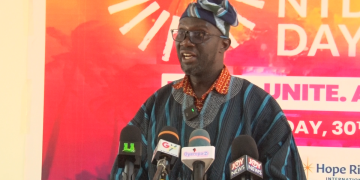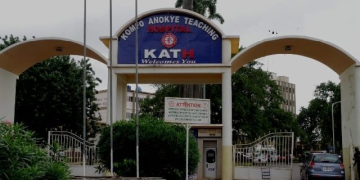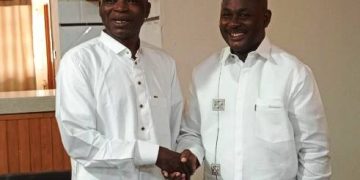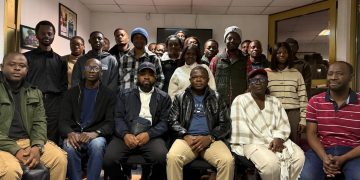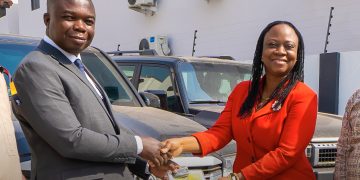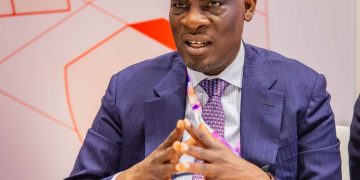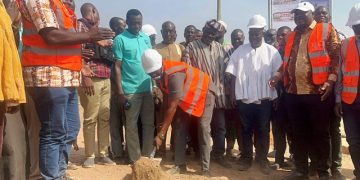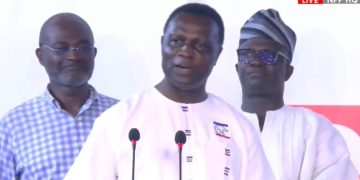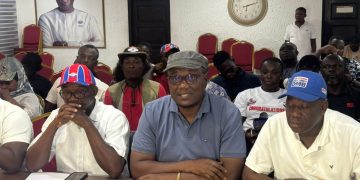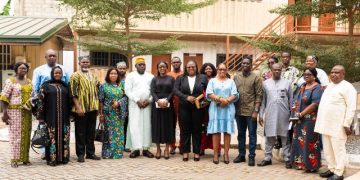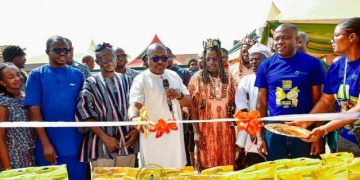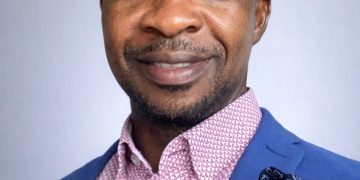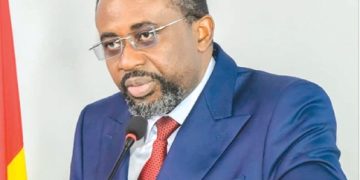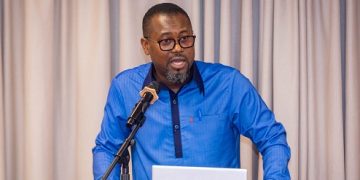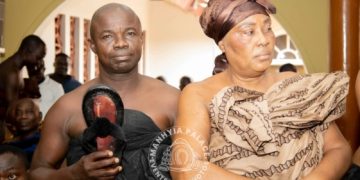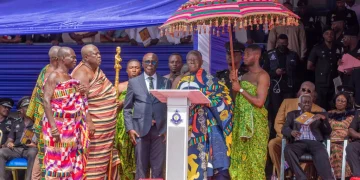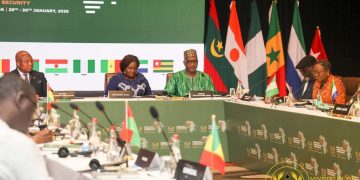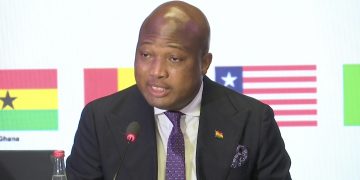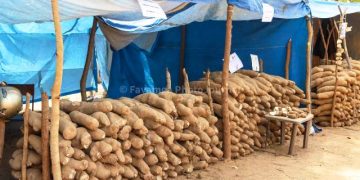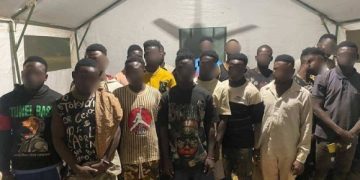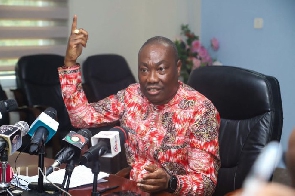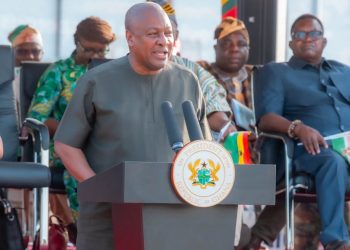The Chief Executive Officer of the Minerals Commission, Martin Ayisi, has clarified the ongoing concerns around illegal mining, emphasizing that any form of mining in water bodies is a criminal offense.
Speaking during a parliamentary session, Ayisi addressed the illegal mining crisis, commonly referred to as galamsey, and outlined the distinction between licensed operators and those operating without the necessary approvals.
Mr. Ayisi explained that illegal mining activities stem from two main sources. The first category consists of individuals or groups mining without any licenses or authorizations, which is the most common violation.
“Persons who don’t have the requisite authorizations or approvals, who are going there and doing what they don’t have the authority to do, are committing a crime,” he stated.
This includes mining in forests without a license, an issue that has exacerbated the destruction of Ghana’s natural resources.
The second category involves licensed miners who have strayed from their authorized areas or are engaging in activities beyond the scope of their licenses.
Martin Ayisi admitted that while some licensed miners have violated the law, this represents a smaller portion of the problem compared to unlicensed operators.
He further addressed the specific issue of mining in water bodies, stressing that no one in Ghana is licensed to mine in such areas. “Anybody who goes to a water body to mine is engaged in a criminal activity,” Ayisi said.
He explained that exceptions are only made for special operations, such as dredging for environmental purposes under permits granted to the Volta River Authority (VRA). Outside of this, mining in water bodies is strictly illegal.
During the session, the mineral Commssion CEO also acknowledged the need for additional resources to enhance enforcement efforts.
He responded to questions about collaboration between the Minerals Commission and other authorities, including district assemblies and security agencies.
He shared an example where the Minerals Commission reported illegal mining activity near a public road in Konongo to the local district assembly.
However, he noted that taking action against these activities falls within the jurisdiction of the district authorities and security agencies, which must intervene to stop the illegal operations.
The Minerals Commission CEO also responded to concerns raised by some members of parliament regarding the Forestry Commission’s role in monitoring mining activities.
Martin Ayisi clarified that for any mining to occur legally in forest reserves, several approvals are required, including a mineral license, a forestry entry permit from the Forestry Commission, and an Environmental Protection Agency (EPA) permit.
He emphasized that these regulatory bodies work together to ensure that all necessary permits are in place before mining operations are allowed to begin.
Mr. Ayisi concluded by reiterating the government’s commitment to curbing illegal mining and protecting Ghana’s natural resources, while also calling for increased coordination between the various agencies involved in enforcement efforts.
The CEO’s explanation come at a critical time as the country continues to battle the environmental and social damage caused by galamsey.
Source: www.kumasimail.com/IJB/Kumasi


